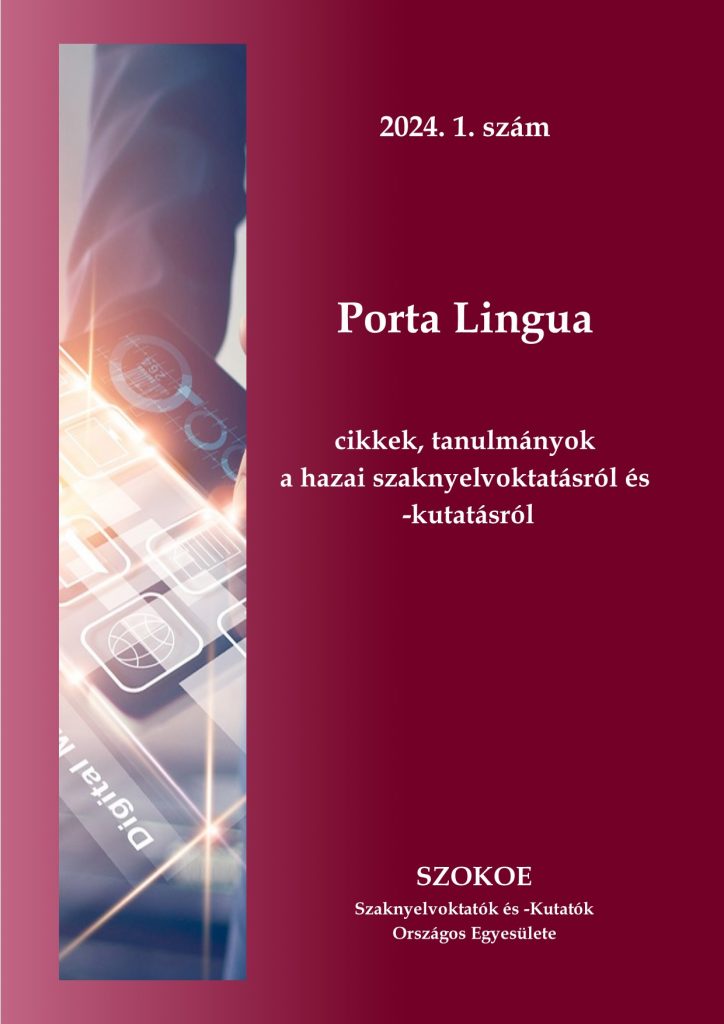Kovács Tímea
Comparative analysis of lexical simplification in Hungarian-English translated and interpreted texts
![]()
Kovács, T. (2024): Comparative analysis of lexical simplification in Hungarian-English translated and interpreted texts. Porta Lingua. 2024/1. 47-56
DOI: https://doi.org/10.48040/PL.2024.1.5
Absztrakt
Although research on translation and interpreting activities have different focuses, the importance of corpus linguistics in both disciplines has been highlighted over the last few decades. Nonetheless, relatively few intermodal corpora, including written and spoken texts and their (simultaneously) interpreted and translated counterparts, have been devised. The development of the EPTIC corpus was started by Bernardini et al. (2016) to fill this gap in the field of Corpus Linguistics. In the scope of their research, a multilingual intermodal corpus was built including the original speeches of European Parliamentary sessions in 2011, their verbatim (written) reports, the translations of the source language texts as well as the simultaneously interpreted texts. The aim of the EPTIC project is to examine and compare lexical simplification (Laviosa, 1998a, 1998b), in translated and interpreted texts in different language pairs and directions. In a similar vein, I aim to explore whether the texts interpreted in Hungarian–English directions are lexically simpler than the translated ones through the analysis of a bilingual intermodal sub-corpus.
Keywords: intermodal sub-corpus, interpreted texts, translated texts Hungarian-English, simplification, morpho-syntactic differences


 Porta Lingua 2024. 1. szám
Porta Lingua 2024. 1. szám